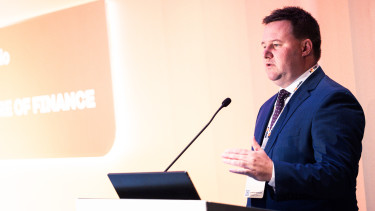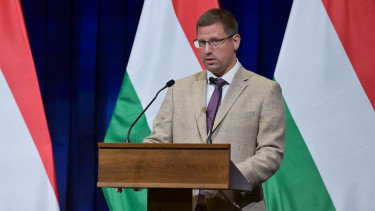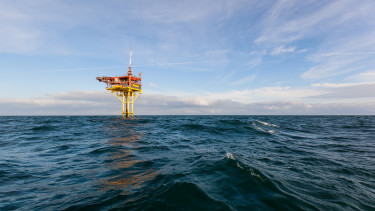Economy
Iran urges nuclear co-operation with Hungary
The two countries can co-operate in various sectors of the civilian nuclear energy applications
, Iranian President Hassan Rouhani said in a meeting with the visiting Hungarian Parliament Speaker László Kövér in the capital Tehran.Rouhani also urged Hungarian investors and companies to partake in Iran's industrial and agricultural projects.
Kövér arrived in Tehran on Wednesday night to hold talks with senior Iranian officials, at the invitation of Iranian Parliament Speaker Ali Larijani.
Kövér expressed his country's determination to strengthen co-operation with Iran, saying
Hungary is fully ready to expand its co-operation with Tehran, particularly in economic fields, and this will no doubt benefit the two countries.
He stressed that Hungary is ready to co-operate with Iran in the nuclear energy field.Iran began the construction of a USD 10 billion nuclear power plant, with Russian help, in the southern port city of Bushehr, official IRNA news agency reported in September.
The construction is expected to be completed in ten years. The two countries agreed on building two nuclear power plants, and according to IRNA, the construction of the second one will be launched in 2018.
The new power plant is part of a plan to develop Iran's first commercial nuclear reactor Bushehr Nuclear Power Plant, the report said.
Similar views on terrorism
Tehran and Budapest share similar views on terrorism and the necessity for fighting against the terrorist groups, Iranian Parliament Speaker Ali Larijani said after meeting with his Hungarian counterpart László Kövér, FNA said in a separate report."A part of our negotiations focused on the regional situation and the terrorism crisis which has exacerbated in recent years," Larijani told reporters in a joint press conference with Kövér in Tehran on Saturday.
"The two countries enjoy highly similar views about the ugly phenomenon of terrorism," he added.
Larijani said that during his meeting with Kövér, the two sides also discussed bilateral issues and underscored the necessity for bolstering the two countries' relations in economic, investment, energy, environmental, academic and cultural fields.









